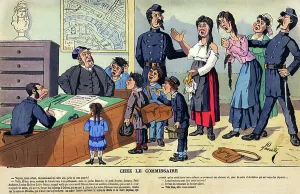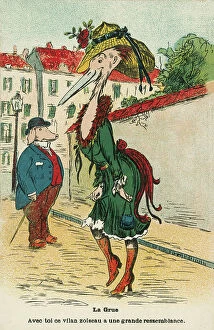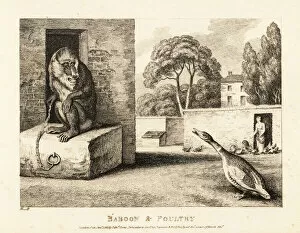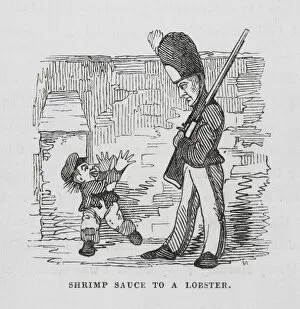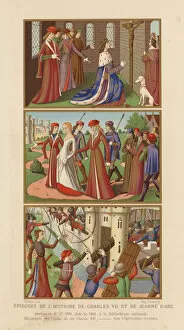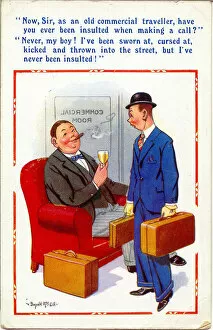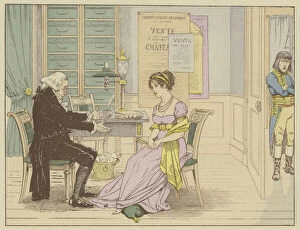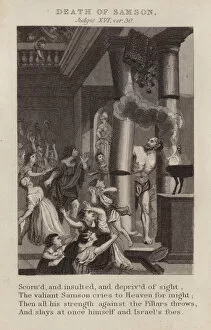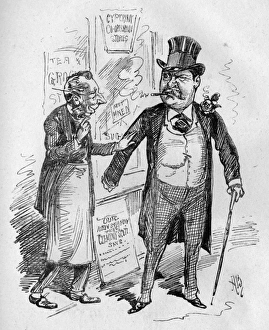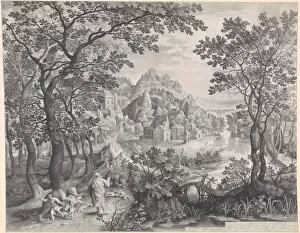Insulted Collection
"Insulted: A Journey Through Artistic Expressions of Humiliation and Ridicule" This collection of artworks captures the essence of insult
All Professionally Made to Order for Quick Shipping
"Insulted: A Journey Through Artistic Expressions of Humiliation and Ridicule" This collection of artworks captures the essence of insult, showcasing various instances where individuals have been subjected to mockery, scorn, and humiliation. "The Foul-Mouthed Fool, 1660-86 (brush and Indian ink on paper)" portrays a character whose offensive language invites disdain from those around him. In "A goose insults a pet mandrill in a walled garden, 1811 (etching), " we witness an unexpected confrontation between two creatures that results in one being belittled. The painting "Joan of Arc (1412-31) Insulted in Prison, 1866 (oil on canvas)" depicts the torment suffered by this historical figure during her captivity. Similarly, "Shrimp Sauce to a Lobster (engraving)" humorously illustrates how even food can be used as an instrument for insult. In scenes from Joan of Arc's story such as "Episodes from the story of King Charles VII of France and Joan of Arc (chromolitho)" and "Joan of Arc (colour litho), " we witness her enduring verbal attacks while remaining steadfast in her beliefs. Moving into more contemporary times, the "Comic postcard: Two commercial travellers Date: 20th century" showcases how everyday situations can lead to hurtful remarks. Meanwhile, the engraving titled "Sketches in Turkey: Europeans insulted in the Streets of Constantinople" sheds light on cultural clashes resulting in derogatory treatment. Literature also contributes to our exploration with D'Artagnan's refusal to tolerate ridicule towards his horse depicted in Alexandre Dumas' The Three Musketeers ("D'Artagnan will not have his horse laughed at"). Additionally, Busby's Humourous Etchings present us with number 76 - "Judging from Appearance, " highlighting society's tendency to insult based on superficial judgments.


